Failed IVF It Can Be Tragic. Here's Exactly What To Do With It
Failed IVF can be crippling to you and your companion. You may feel lonely, lost, and deeply depressed. But you're not quite ready to give up your dream of growing up with your family. What's next for you and your partner.
Every pair or individual has a distinct path to follow when coping with infertility medications. Of course, the famous media, magazine covers, and entertainment reveal to make the IVF look like a journey through the park. Actresses and entertainers over 40 have had success after success. But realize those publications, and TV tabloid shows, are there to earn money, and you see very little, if any, of the real story behind their fertility expertise.
There can be a variety of factors when IVF fails. The word "IVF Failure" is ambiguous in defining a procedure that does not result in a viable pregnancy. Depending on the cause for your IVF failure, there is a range of options, ranging from the testing of another IVF cycle to third party fertility support to adoption.
Factors Why IVF Fails?
It is a fragile and accurate science for, all achievements infertility treatment, especially IVF. Eggs and sperm have to be viable and fertilize successfully. This fertilization must result in a healthy embryo. The embryo must be inserted in the uterus accordingly. If the embryo has been inserted, it must continue to establish. There are many aspects of IVF performance and many explanations for IVF failure. Here are some of the more specific scenarios of why your IVF has failed.
The Embryo had not Implanted-
There are 2 main explanations of why an embryo fails to implant. The first is that the uterine environment is insufficient to sustain the embryo. Perhaps due to endometrium, scar tissue, or an undetected pre-existing problem. The second reason embryos fail to implant is mostly that the embryo itself has a chromosome abnormality. It is important to the success of IVF that your embryos undertake PGT (preimplantation genetic testing) to assess the genetic integrity of the embryo. This test greatly increases the chances of successful implantation. Women over 35 are at higher risk for chromosome-deficient embryos, and the risk increases with age.
Your Eggs have not been Viable-
Fertility drugs are given to overstimulate the ovaries. This results in the release of a lot of oocytes or eggs. When the eggs are recovered, they are placed along with the sperm to promote fertilization. In certain cases, most usually old, the eggs of a woman are not sufficient for successful fertilization. From the mid-'30s to late-30's, the number and quality of your eggs tend to decline.
Fertilization had not been Productive-
Fertilization simply doesn't occur in some situations. This could be either of the condition of the eggs or because of the sperm.
Inadequate follicle counts may result in the cancellation of the IVF cycle-
If the patient's age (and therefore her ovaries) is over 35 years of age, the number of healthy follicles may not be sufficient to produce an adequate number of eggs. In certain cases, this can be resolved by prescribing an age-appropriate dose/sort of ovarian stimulating medication.
Lifestyle Factors-
There is no question that you want to be the best potential candidate for IVF success. This can mean making sure you have a balanced lifestyle and a good reproductive diet. Smoking will have a direct effect on your IVF progress. Women who smoke usually take twice as many IVF interventions to become pregnant and are at a much greater risk of miscarriage. If you are underweight or overweight, you are more likely to experience IVF failure.
What's Next?
It's necessary to grieve after the IVF failed. The emotional effect is as overwhelming as the loss of the pregnancy, even though the IVF did not result in an embryo. You're going to feel intense sorrow and depression. It's natural, but you're going to need to talk to your doctor. You and your partner should seek counseling before continuing with your treatment. When determining what your next steps will be, consider the following options:
Another Attempt at IVF-
Speak to our Professionals and decide if any modifications to the IVF cycle need to be made. It is not rare for successful IVF to take more than one attempt. PGT may be suggested, depending on the reason for the failure of the previous IVF.
Some females, for whatever cause, cannot bear a fertilized embryo. This can result in the embryo's failing to implant or repeated miscarriage, even after successful IVF. The surrogate is not specifically physically linked to the embryo. That's all about you and your partner. She's just a gestational carrier. A lot of couples turn to someone they know, with whom they have a bond. Others choose from the surrogates requested by ads. When your surrogate has been chosen, she will undergo both a rigorous psychological and medical review.
Third-party Donor-
Donor eggs could be the solution for those women who encounter insufficient or non-viable eggs. Donors are carefully screened and under 30, so their eggs are protected.
You've got choices
If you're not ready to give up expanding your family through fertility procedures, it lets you realize that you have choices. Speak to our professionals and let him know your questions after the IVF has failed. Seek more treatment, or examination and assessment, under the care and supportive supervision of our medical personnel and support staff.
We hope that the content was informative, that you would kindly share it with your friends and colleagues, and please feel free to contact us for any queries and also share your valuable reviews with us.




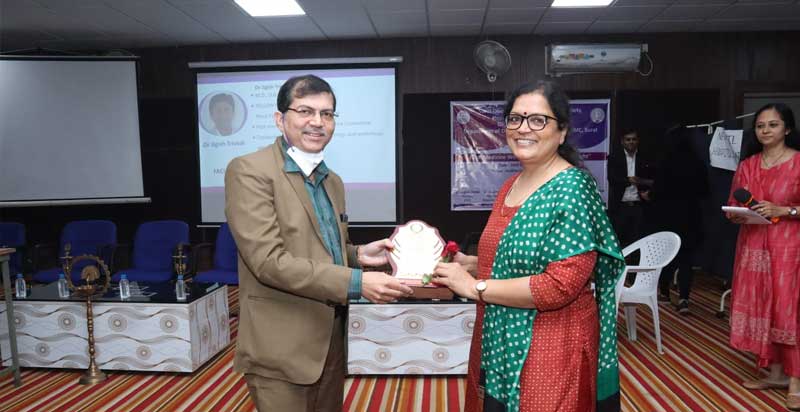


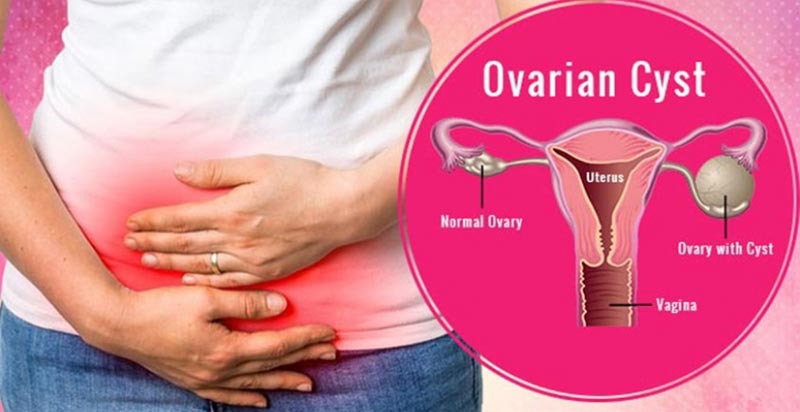
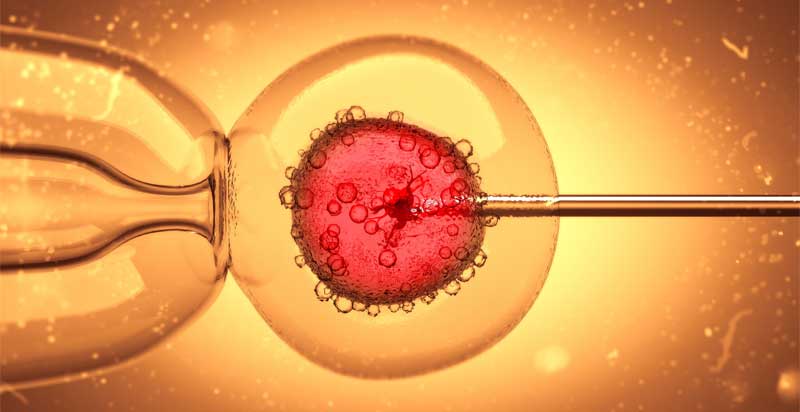
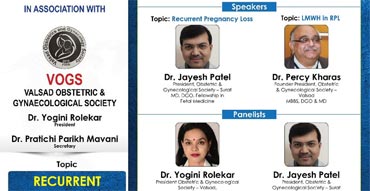

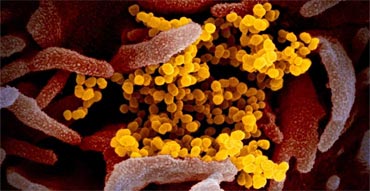




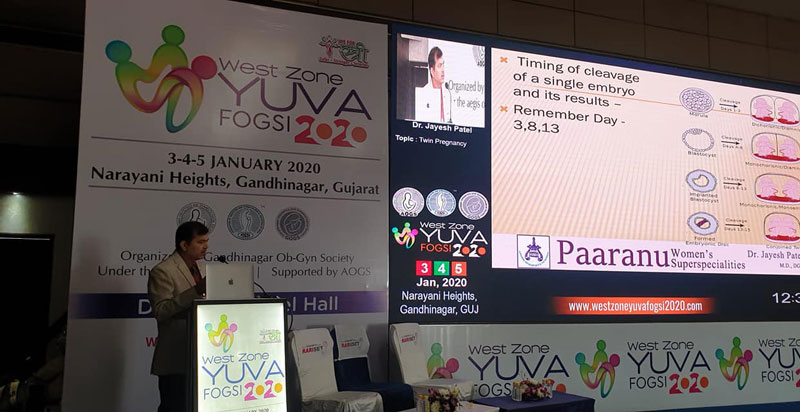
.jpg)

.jpg)
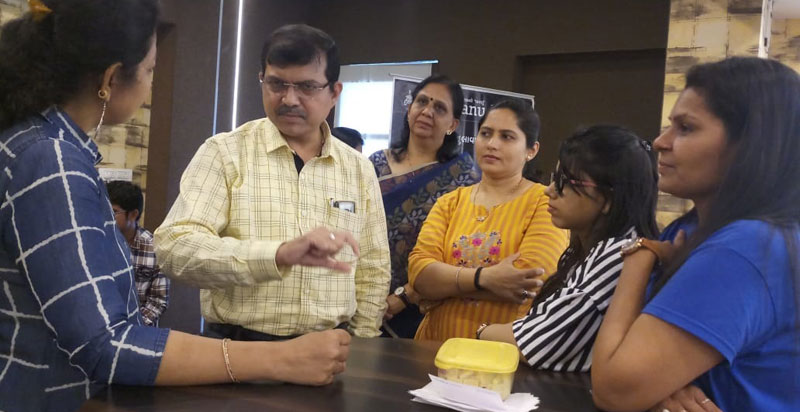
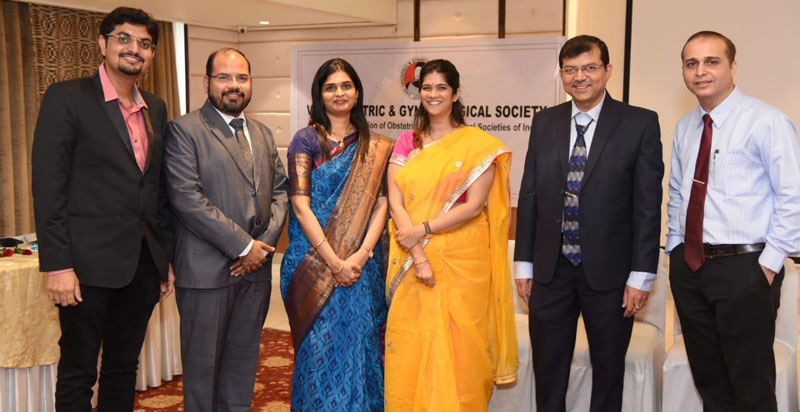

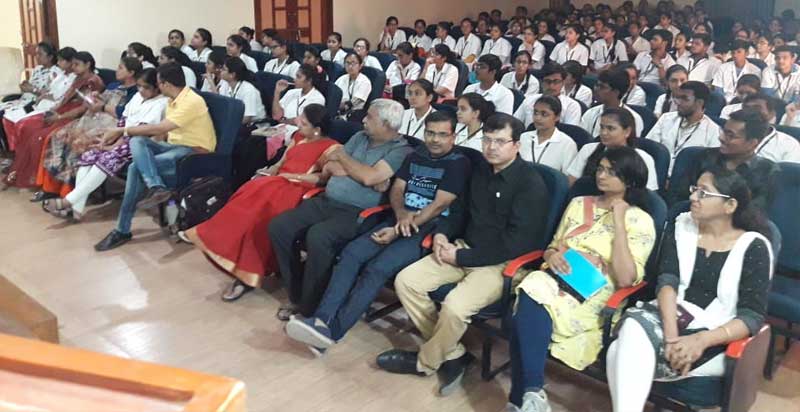



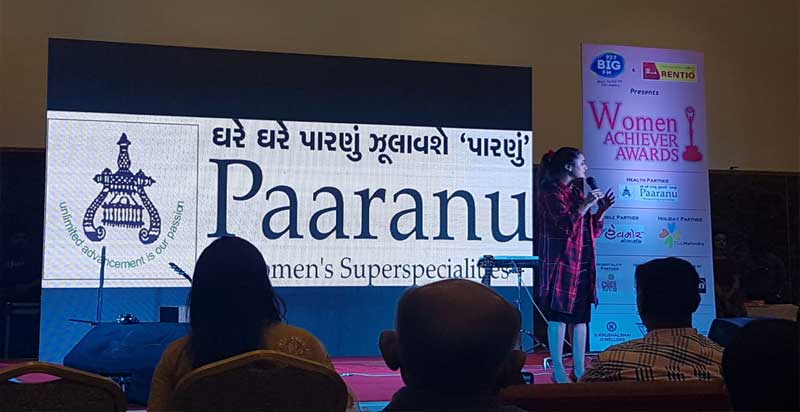

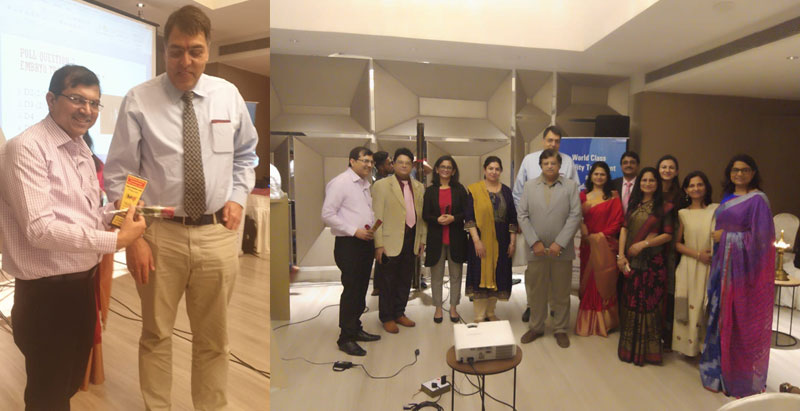

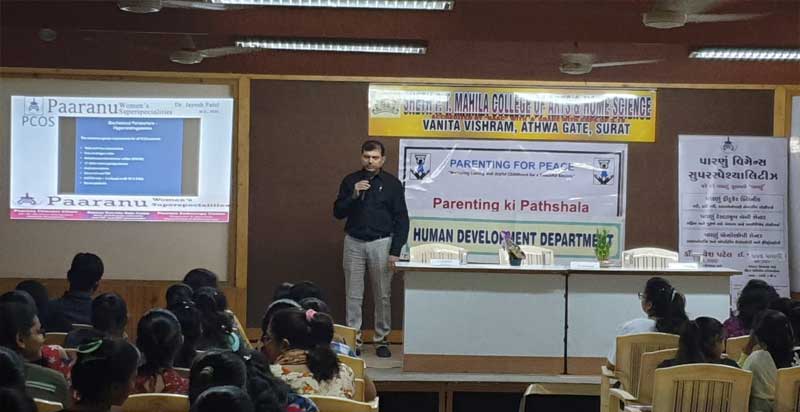
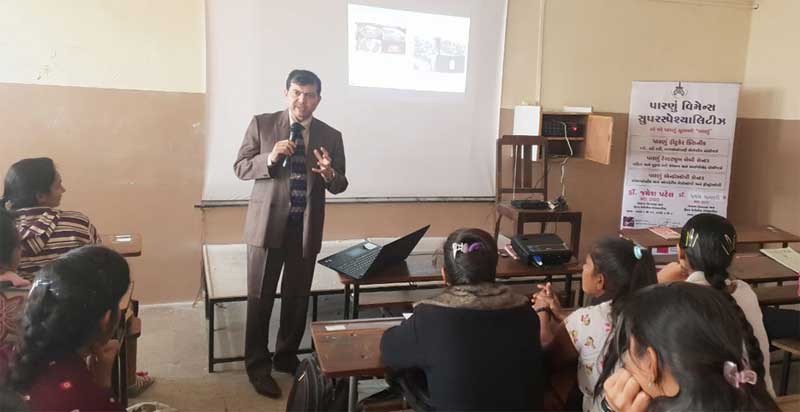
.jpg)